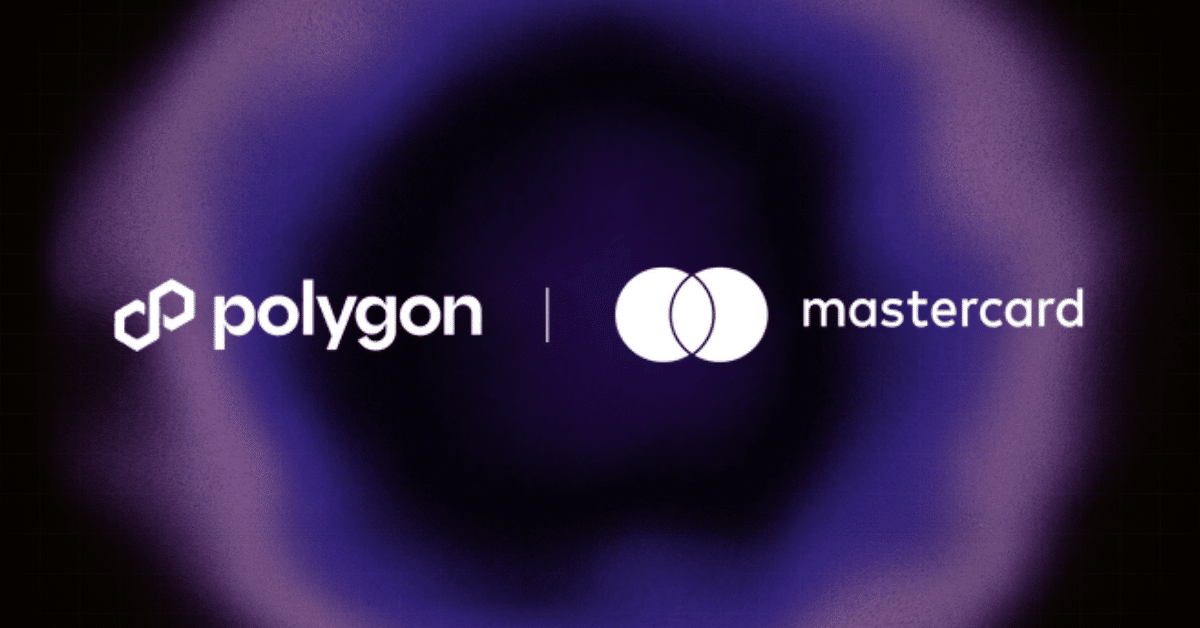Key Takeaways
- Mastercard is expanding its Crypto Credential program to self-custody wallets, enabling users to send and receive crypto using verified, human-readable username-style aliases instead of complex wallet addresses.
- Polygon will be the first blockchain to support this rollout, providing the on-chain infrastructure, while payments firm Mercuryo will handle the necessary identity verification and alias issuance.
- The initiative aims to drastically reduce errors caused by copying long hexadecimal addresses and increase trust and safety in digital token transfers, functioning similarly to traditional payment systems.
Mastercard Revolutionizes Self-Custody User Experience
Mastercard just made a major move to fix one of crypto’s biggest headaches: those impossible-to-read, error-prone wallet addresses. They’re expanding their Crypto Credential program to give self-custody users verified, human-readable usernames instead! The goal is simple: make sending crypto feel as easy and safe as sending cash on your favorite payment app.
They aren’t doing it alone. Mastercard teamed up with some serious Web3 heavy hitters: Polygon is providing the blockchain infrastructure to make the whole thing work, and Mercuryo is handling the identity verification and issuing the aliases.
After a quick verification, you get a simple name linked to your self-custody wallet. You can even mint a Soulbound Token (SBT) on Polygon, a permanent, on-chain badge that proves your verified identity is attached to your wallet. No more triple-checking those hex strings!
Bridging the Usability Gap for Secure Transfers
The primary motivation behind the Crypto Credential program is to mitigate the risk of costly user errors. Copying a single wrong character in a long crypto address can lead to permanent loss of funds, a major barrier to mass adoption.
Raj Dhamodharan, Executive Vice President of Blockchain and Digital Assets at Mastercard, stated that “By streamlining wallet addresses and adding meaningful verification, Mastercard Crypto Credential is building trust in digital token transfers.”
The focus on self-custody is particularly noteworthy, as it addresses a core segment of the crypto market that values wallet sovereignty but has historically struggled with user-friendly solutions. Marc Boiron, CEO of Polygon Labs, underscored this importance, saying, “This partnership marks the moment when self-custody becomes simple.” Mercuryo, the first issuer for the program, sees the rollout as a direct response to rising demand for secure yet simple crypto experiences that do not force users to give up control of their private keys.
Mastercard’s Accelerating Web3 Strategy
The Polygon partnership is the latest in a series of aggressive steps Mastercard has taken to integrate into the Web3 and cryptocurrency landscape over the past two years. Just months prior, in June, Mastercard partnered with Chainlink to enable its three billion cardholders to buy crypto directly on-chain.
That rollout relied on a complex network of Web3 partners, including Shift4 Payments and ZeroHash, with the non-custodial version using account abstraction to simplify the process for everyday users.
These repeated initiatives, from self-custody alias simplification to direct on-chain purchases, signal Mastercard’s deep commitment to building a financial ecosystem where fiat and digital assets coexist seamlessly and securely.
Final Thoughts
Mastercard’s Crypto Credential expansion, leveraging Polygon for verified usernames, represents a critical breakthrough in crypto usability and safety. By solving the simple but profound problem of complex wallet addresses, the partnership removes a major barrier to mass adoption for self-custody, signaling a professionalization of the Web3 user experience.
Frequently Asked Questions
What is the main benefit of the Crypto Credential aliases?
They allow users to send and receive crypto using simple, human-readable usernames instead of long hexadecimal addresses, reducing the risk of errors.
Which blockchain is supporting the initial rollout?
Polygon is the first blockchain to support the expansion to self-custody wallets.
What company handles the user verification?
Payments firm Mercuryo is responsible for handling the identity verification and issuing the verified aliases.
